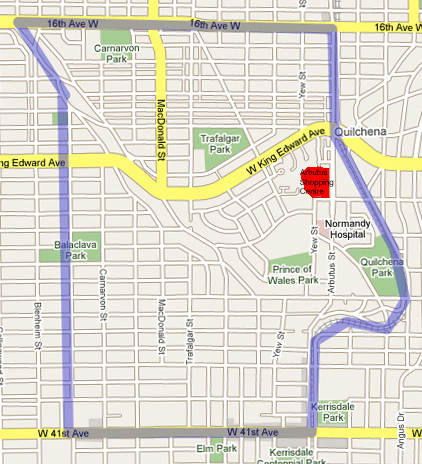Tuesday (September 13) was supposed to be a good-news day for Mayor Kennedy Stewart.
He unveiled an ambitious housing plan promising 220,000 new homes over 10 years. That includes 140,000 market rental, below-market rental, social housing, and cooperative-housing units.
The rest would be new ground-oriented homes and full market condos.
Unfortunately for his Forward Together party, this announcement came on the same day that a homeless writer, Stanley Q. Woodvine, came across an astonishing document.
It lists 26 development-industry executives as “Captains” in a fundraising initiative. It shows how much money they’re expected to raise in 2022. Collectively, these development-industry executives have a goal of generating more than $300,000.
If this turns out to be a Forward Together party fundraising document, some of the prime beneficiaries of his housing plan are the very people passing around the hat raising money for his reelection.
Some of the “captains” identified in the document are likely to benefit from the Broadway Plan, which could lead to mass evictions in an area bounded by Vine Street, Clark Drive, 16th Avenue, and 1st Avenue.
Woodvine found the document outside a No Frills store on West Broadway.
Stewart’s party has not explicitly admitted that this spreadsheet was created by someone with Forward Together.
But there is certainly circumstantial evidence. The name “Neil” shows up, as do the initials “NM”. Stewart’s chief of staff is Neil Monckton.
There are also some names on the list with past associations with the NDP, which is a party that Stewart has represented in the past and which Monckton has worked very hard to elect.
They include former B.C. NDP presidents Moe Sihota and Craig Keating.
Lists like this have probably been created by many political campaigns over the years, including for rival parties of Stewart’s Forward Together.
But here’s where it’s going to get especially difficult for the mayor.
First off, the B.C. government introduced campaign-finance reforms that limit individual donations to just over $1,200 each year.
The Straight has already reported that family members of Stewart’s buddies in the development industry have donated generously to his campaign while remaining within the legal limit.
I predict that by the end of today, someone is going to demand an investigation into the Forward Together fundraising operation. Even if that probe finds nothing untoward, it will still leave a stain on Stewart’s campaign in what’s going to be a close election.
Here’s another problem for Forward Together. The document shows that many emails were sent. This suggests that there’s a paper trail that will help anyone investigating this situation.
There’s a bigger concern for Stewart and his team, though. And that’s if Elections B.C. forwards the file to the B.C. RCMP for an investigation. That’s what happened when there were allegations that a former B.C. Liberal MLA in Vancouver-Fraserview, Kash Heed, had done an end run around election-financing laws.
Heed was never charged. A special prosecutor cleared him of wrongdoing. But Heed was finished in provincial politics, serving only one term.
Only now, nearly a decade later, Heed is attempting a political comeback as a council candidate in Richmond.
The mere whiff of a police investigation during an election campaign can be devastating.
Former prime minister, Paul Martin, discovered this in late 2005 when the RCMP revealed that it was probing his government’s handling of income trusts. This investigation came as a result of complaints by opposition politicians.
Martin’s then finance minister, Ralph Goodale, was cleared of wrongdoing, but the Liberals were bounced out of office by the voters after 12 years in power.
Then, there are the optics. Stewart has positioned himself as the renters’ mayor. But it’s quite possible that in the wake of Woodvine’s discovery, he could be labelled as the developers’ mayor.
Cartoonists working for other campaigns might have a lot of fun with this.
That’s to say nothing of the impact on the B.C. Greens, OneCity Vancouver, Vision Vancouver, and the Coalition of Progressive Electors.
None of these parties fielded a candidate for mayor, creating a smoother ride for Stewart among progressive voters.
Stewart returned the favour by running a slate of six council candidates, including his wife and his communications staffer. It’s resulted in a more crowded field, making it harder for members of the B.C. Greens, OneCity Vancouver, Vision Vancouver, and COPE slates to get elected to council.
In fact, Stewart’s decision to run a slate of candidates could result in an ABC Vancouver majority on council because of vote splits on the centre-left and left.
Whoever decided to list 26 development-industry executives as “captains” on a party fundraising document—if that’s indeed the case—needs their head examined. It would be an incredibly stupid thing to do. Utterly asinine.
While there’s no indication at this stage that any illegal acts occurred, it might not matter anyway. Especially if it contributes to the end of Stewart’s reign as mayor after just a single term in office.

 Arbutus Ridge
Arbutus Ridge